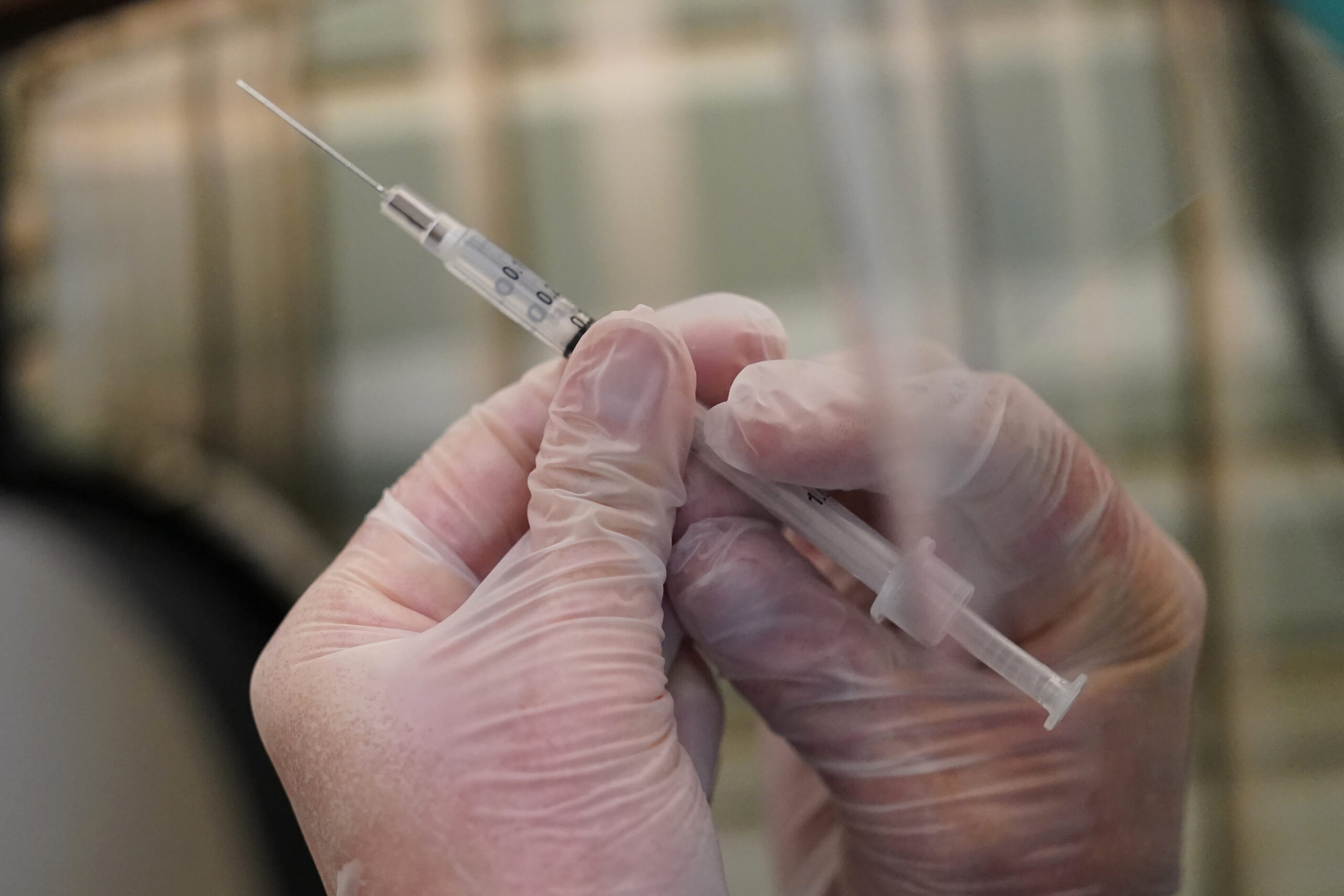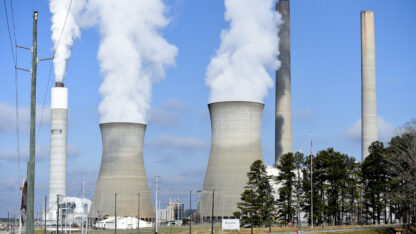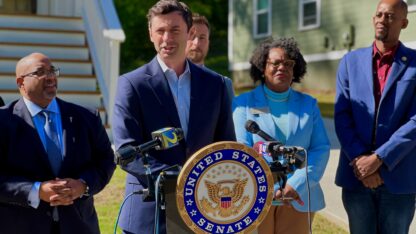Reluctance Among White, Rural Georgians ‘Biggest Challenge’ In State’s Vaccine Rollout

Dr. Kathleen Toomey, head of the Georgia Department of Public Health, told mayors from all over the state that many people — especially white people in rural Georgia — see efforts from elected officials to encourage vaccination as “government overreach.”
John Bazemore / Associated PRess file
As Georgia continues to lag behind other states when it comes to administering COVID-19 vaccines, a top health official says the ongoing rollout faces a major obstacle: reluctance among white communities in rural parts of the state.
Dr. Kathleen Toomey, head of the Georgia Department of Public Health, spoke to the Georgia Municipal Association on Tuesday to mark the launch of the group’s COVID-19 vaccine campaign.
She told mayors from all over the state that many people — especially white people in rural Georgia — see efforts from elected officials to encourage vaccination as “government overreach.”
“Our biggest challenge right now is among whites … [the] white community particularly in rural Georgia that simply is not interested in the vaccine right now,” Toomey said during the live-streamed event.
Toomey says she’s been “surprised” that residents in some parts of the state that had been hit hard by the pandemic, such as southwest Georgia, were still hesitant to get the vaccine.
“In Dougherty County, for example — where at one point in time, we had the highest rates of COVID in the country — there is very much hesitancy among the whole population,” Toomey said.
Early on in the vaccine rollout, state officials paid lots of attention to vaccine hesitancy in communities of color. In February, Toomey and Gov. Brian Kemp met with leaders of the Morehouse School of Medicine to learn about how the school was reaching minority populations.
Toomey says the state had been “very successful” in reaching those communities, especially with increased outreach to places like senior centers and churches.
But “misinformation and conspiracy theories” about the vaccine have presented a roadblock to state efforts to increase vaccination rates among white Georgians in rural areas, she says.
Recent data from the U.S. Department of Health and Human Services show that vaccine hesitancy is common across large swaths of the state. In some counties, the agency estimates more than a quarter of the population would probably not get a vaccine.
And recent polling from NPR and others shows that white Republicans, especially those who support former President Donald Trump, are some of the least likely to get a vaccine.
It’s a set of complications that’s plaguing other states in the South, Toomey says, as they continue to fall behind the rest of the country in vaccine administration rates.
The latest data from the Centers for Disease Control and Prevention in Atlanta shows roughly two-thirds of the COVID-19 vaccine doses shipped to the state have been administered.
That means about 2.5 million doses are sitting in freezers earmarked for an appointment or waiting for someone to turn their vaccine hesitancy into vaccine willingness.
At stake, Toomey says, is whether the state can return to some kind of pre-pandemic normal without masks and social distancing.
She’s hoping at least 80% of the state is vaccinated by the Fourth of July holiday. About 31% of people have received at least one dose, according to the latest state data.
“Vaccines aren’t going to end the pandemic,” Toomey said. “Vaccines in arms are going to end the pandemic.”







